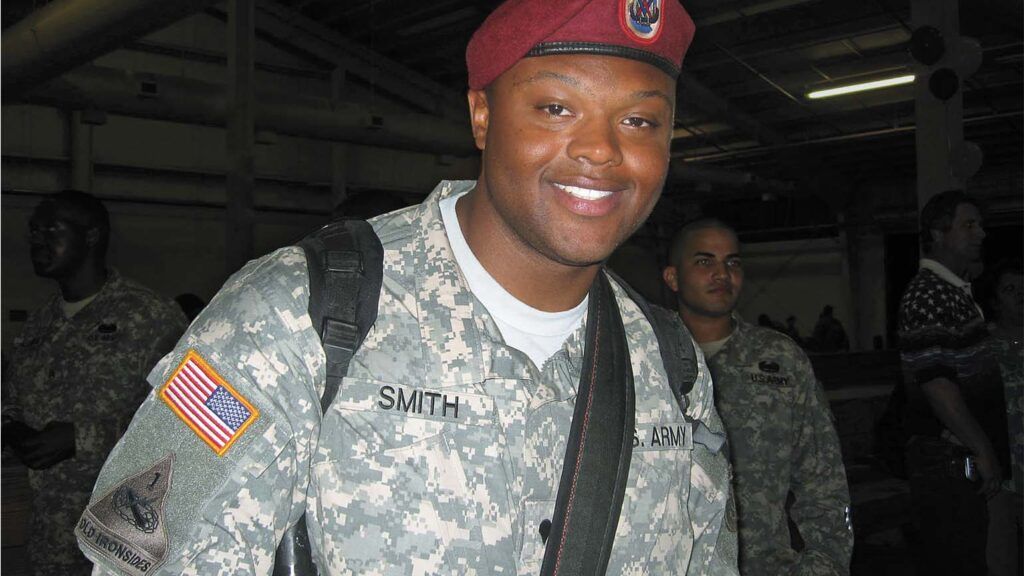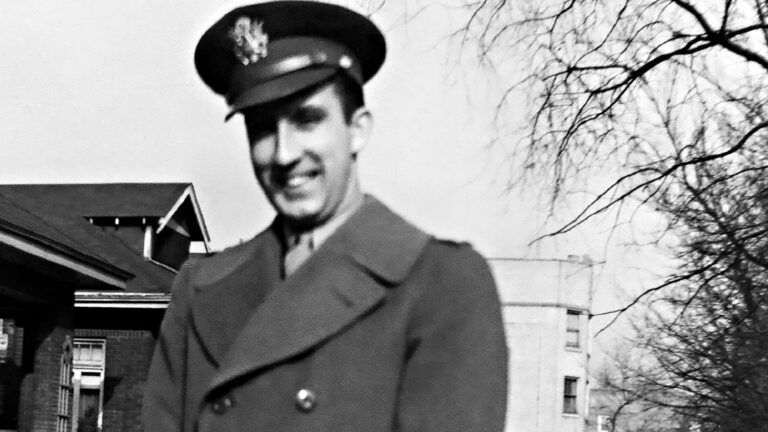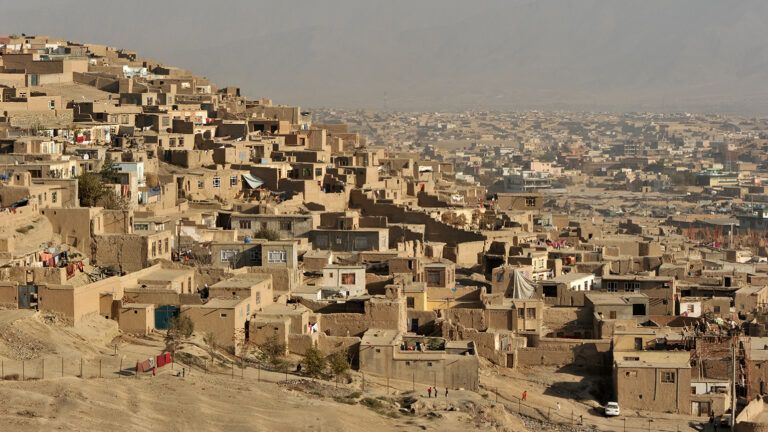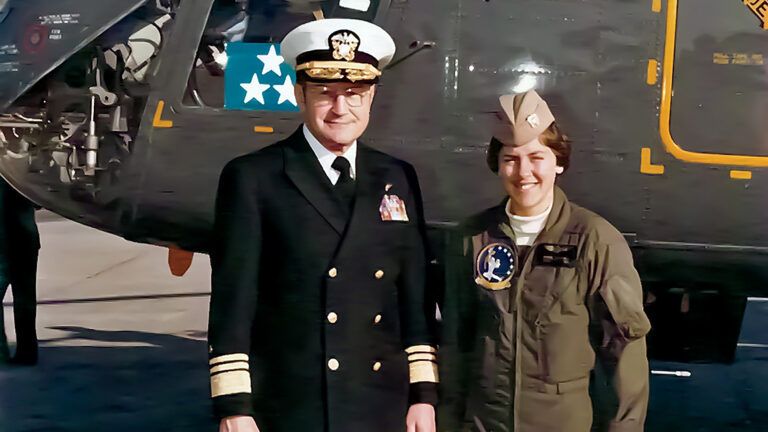’Twas the season. Like every Christmas, I had taken great care with my tree. There it was, at the foot of my bunk, in a corner of my two-man shelter on a U.S. Army base in Baghdad. It wasn’t at all like the sturdy pines my family would pick out from the tree farm and trim with ornaments back home in Sparta, Georgia. This was just a mini-tree, no more than two feet high, that my mom had sent me along with a box of mini ornaments. “Thinking of you,” she had written.
For the last two months, I’d been stationed with the 503rd Maintenance Company at Log Base Seitz. Known informally as Mortarville, our small patch of desert was a favorite target for Iraqi insurgents. My job, in fact, was to repair tanks, troop transports and patrol vehicles that got hit. It was a job that seemed to have no end. Night after night, day after day, we grew used to the whine of air-raid sirens, and then the blast of mortars that followed. Well, used to it in a way that makes you pray for a day like Christmas, when you hope you’ll get a 24-hour break to practice peace on earth.
Unfortunately, the insurgents weren’t playing by those rules. My bunkmate, Anderson, wasn’t letting it get him down. “Hey, Smith,” he said. “Let’s go celebrate with the rest of the guys.” Celebrate seemed like the wrong word, but I couldn’t stare at my sad little tree any longer. We had just left the shelter when the sirens sounded. Anderson screamed, “Get down!” and yanked me into a sandbag bunker.
The mortars rained down, blasting jagged craters. Anderson and I hunkered as deep as we could. I covered my ears with my hands. Not today, Lord, I prayed. Don’t let me die on Christmas.
I thought of my mom and dad and my two younger brothers back home. In a few hours it would be morning in Georgia. My brothers would race downstairs and try to guess each present beneath the tree. They’d dress in their Sunday best and head to our small country church tucked against tall Georgia pines. They’d sing hymns and carols of brotherhood and goodwill toward all. Back at the house, they’d open their presents and then sit down to Mom’s Christmas dinner, featuring vegetables from Dad’s garden. As always, Mom would serve my favorite dessert—a crunchy homemade pecan pie.
Then everything went silent. As suddenly as it had started, the attack was over. “All clear!” bellowed a first sergeant. No one had been hurt.
Anderson and I climbed out of the bunker and dusted the sand from our uniforms. Around us, dozens of other soldiers did the same. All of us headed to the same place—the company’s recreation tent, where we were supposed to forget about the war for a few blessed hours. Some Christmas, I thought.
I pushed through the flap door. My eyes went wide. Across the ceiling, usually bare, hung strings of colored lights. Soldiers who just minutes before were crouched in bunkers were now laughing, talking, hugging, showing off pictures of family and friends. A cedar tree with thick green branches forming a perfect peak at the top stood at the center of the rec tent. A lot like the kind of tree my family searched for every year at the tree farm.
Off to the side, several soldiers stood on a stage and sang karaoke. A few of my buddies had brought along their care packages filled with much-coveted and usually well-guarded home-baked goodies. We shared and shared alike.
One guy passed around a picture of his dog, decked out in a Santa cap and scarf. We all told stories of home. We have different memories of Christmas, I thought, but spending time with family is common to all. The party lasted the whole afternoon. The sirens never sounded.
I stood in line at the phone bank for two hours to call home. It was so great to hear their voices! After all the how-are-yous, the I-miss-yous and I-love-yous, Mom asked me if I had gotten the mini-tree.
“I love it,” I said.
We talked for as long as we could, but it wasn’t nearly enough. Before I knew it, it was the next soldier’s turn. I had to say goodbye. “Mom, I love you,” I said. “I love all of you so much.”
I walked back to my tent with a smile on my face until I stepped inside.
My heart sank. Mom’s mini-Christmas tree—the mortar bombardment had tipped it over. This war, I thought.
I set the tree upright and straightened the ornaments—the little tractor, like the one Dad rode around our farm; the football that reminded me of my high school team; the race car that I dreamed of taking for a spin one day.
Those ornaments said home to me, like I could almost reach out and touch Sparta, Georgia. All were unbroken, as unbroken as my Christmas spirit.






